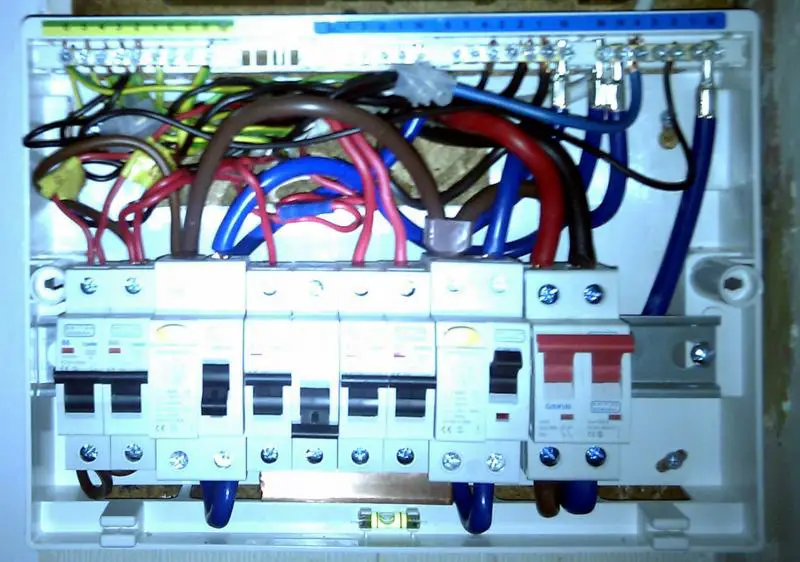where does that leave the homeowner? Have they committed a criminal offence - has the spark committed a criminal offence?
Yes - the offence is not notifying, and it's the homeowner's responsibility. However no one has ever been prosecuted for that on it's own, and probably never will be.
The only prosecutions / convictions occurred in a tiny number of cases where the work done was so ridiculously dangerous and unsafe that people were injured or killed as a result. The non-notification part was included with it just because it could be.
What about when they sell their house - and there must have been thousands that haven't been able to present the relevant certification to the solicitors when requested to do so? Do they take out some kind of indemnity?
When selling the property there is usually some sort of questionnaire filled in by the vendor, one of the questions is 'has any electrical work been done since year X.'
If the answer is yes, then there is another question about documents and whatever being available. Usually the answer is no / do not know / could not care, and that's as far as it goes.
If the buyer was bothered and there was evidence of recent notifiable work being done, they might pursue it further, but it is unlikely.
Even if they did, approval can be sought after the event anyway (regularisation), which basically involves paying a wedge of money to building control to get a piece of paper stating the work complied with building regs - which for electrical installations means that
'Reasonable provision shall be made in the design, installation, inspection and testing of electrical installations in order to protect persons from fire or injury.'
The other issue is that since last April, virtually nothing is notifiable anyway. Consumer units, new circuits and items within the zones of bathrooms are the only things.
The new circuits part is a shambles, since even a single socket outlet connected to a consumer unit could be extended as far as you want - if the single socket was already there, it's not a new circuit. Plus who is to say whether a certain circuit existed there already or not?
Bathrooms are equally useless, since almost nothing is fitted within the zones. Lighting is usually too high to be within, extractors are often fitted into the ceiling or loft space above, connections for towel rails and illuminated mirrors are usually outside the zones (60cm or more from the bath), and that really only leaves electric showers - replacement of which is not notifiable either, and a totally new one would involve a new circuit anyway.
The whole thing comes across to me as a complete joke.
That's about it, particularly when you see mess like this consumer unit, recently installed by persons unknown:
Bad photo from a mobile phone, but fairly obvious none of this was tested or installed in accordance with any regulations, and it certainly wasn't notified. There were no documents, labelling or anything else. It's actually worse than the rewireable fusebox that was there previously.
For those who want to know, the ratings of the breakers from left to right are 6A, 40A, 2 module RCD, 16A, 16A, 32A, 32A, 2 module RCD, 2 module switch.
It has many things wrong with it.



